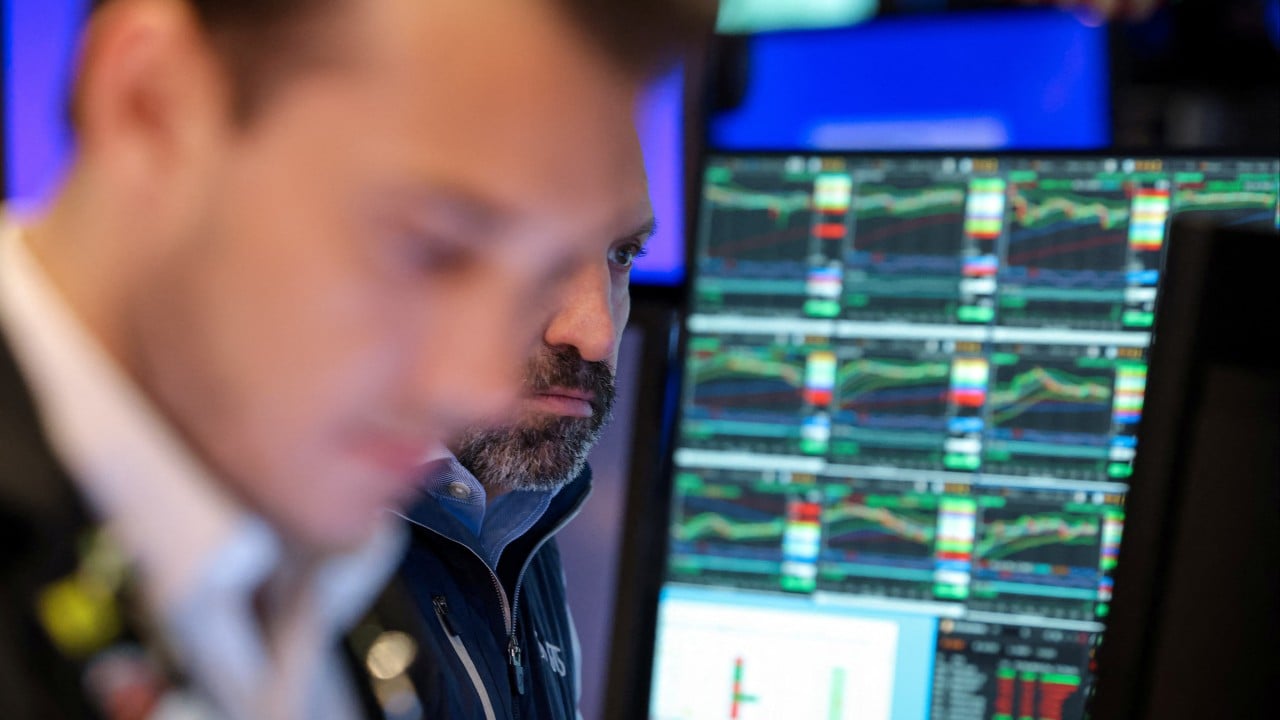The storm is over, it seems, even before it really broke and the economic barometer is set to “fair” again in the wake of the US-China trade squall – so it would appear from the way markets are behaving. But the fact is that stock markets are no longer a reliable indicator of where the global economy is heading.
Advertisement
In emphasising equity market development, advanced (and, increasingly, emerging) economies have created a monster which demands to gorge itself constantly on fresh savings if it is not to bite the hand that feeds it – through erratic moves that create or destroy confidence.
Leading stock indices have largely returned to levels before President Donald Trump dropped his tariff bombshell on April 2, which appeared to signal an all-out trade war between the United States and just about everyone else. Was it really all just a storm in a teacup?
No. Although legions of fund managers (who have become masters of the financial universe through their control over trillions of dollars of pension fund and life assurance contributions and via mutual funds), would like us to believe that fiction.
The truth is that contributions paid into mandatory or voluntary savings vehicles – pension funds, life assurance policies, mutual funds, exchange-traded funds and the like – have become so big nowadays that they rival tax revenues in size, and they also influence government and private investment levels.
Advertisement
Not only that, they massively affect the movement of stock indices in both mature and emerging markets, and thereby influence investor and consumer psychology as well as capital investment, international capital flows and currency movements.

